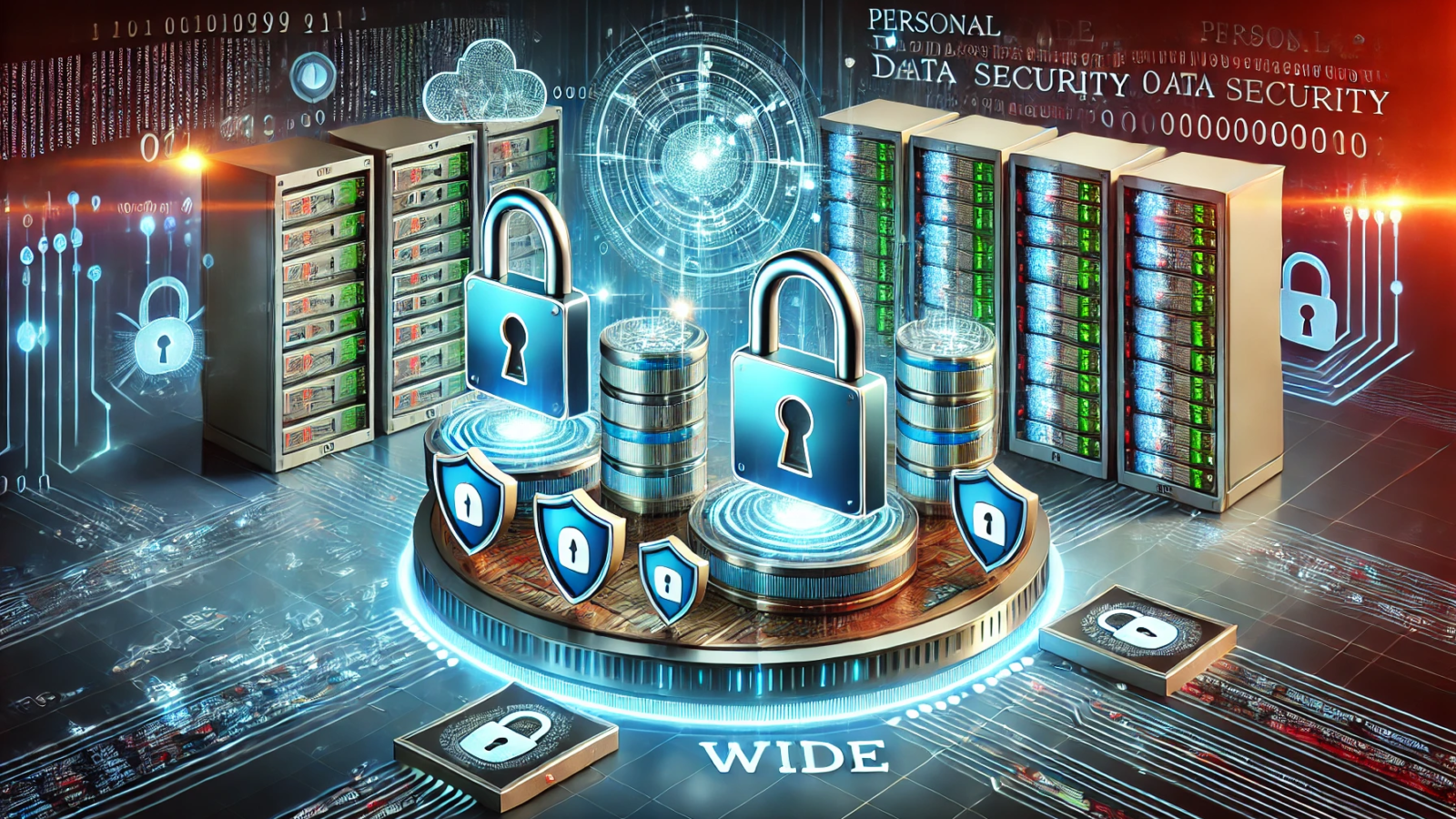In today’s digital age, personal data security is more important than ever. With increasing amounts of personal information being shared and stored online, the risk of data breaches and cyber attacks has grown significantly. Understanding how to protect your personal data is crucial for maintaining your privacy and security.
What is Personal Data Security?
Personal data security refers to the practices and technologies used to safeguard your personal information from unauthorized access, use, or disclosure. This includes sensitive information such as your name, address, social security number, financial details, and login credentials.
Common Threats to Personal Data
- Phishing Scams: Cyber criminals use deceptive emails, messages, or websites to trick individuals into providing personal information.
- Malware: Malicious software designed to infiltrate and damage computers or networks, often used to steal data.
- Data Breaches: Unauthorized access to a company’s data, leading to the exposure of personal information.
- Identity Theft: When someone uses your personal information without permission to commit fraud or other crimes.
Tips for Protecting Your Personal Data
- Use Strong Passwords:
- Create complex passwords that include a mix of letters, numbers, and special characters.
- Avoid using easily guessable information like birthdays or simple sequences.
- Use a unique password for each account to prevent a single breach from compromising multiple accounts.
- Enable Two-Factor Authentication (2FA):
- Add an extra layer of security by requiring a second form of verification (like a text message code) in addition to your password.
- Be Cautious with Emails and Links:
- Avoid clicking on links or downloading attachments from unknown or suspicious emails.
- Verify the sender’s email address and look for signs of phishing, such as generic greetings or urgent language.
- Use Antivirus and Anti-Malware Software:
- Install and regularly update security software to protect against viruses, malware, and other threats.
- Run regular scans to detect and remove any malicious software.
- Keep Software Updated:
- Regularly update your operating system, browsers, and apps to ensure you have the latest security patches.
- Enable automatic updates when possible to stay protected against new vulnerabilities.
- Monitor Your Accounts:
- Regularly check your bank statements, credit reports, and online accounts for any unusual activity.
- Set up alerts to notify you of any suspicious transactions or changes to your accounts.
- Limit Sharing of Personal Information:
- Be mindful of the information you share on social media and other online platforms.
- Adjust privacy settings to control who can see your posts and personal details.
- Use Secure Connections:
- Avoid using public Wi-Fi networks for sensitive transactions, such as online banking.
- Use a Virtual Private Network (VPN) to encrypt your internet connection and protect your data.
The Role of Organizations in Personal Data Security
Organizations that collect and store personal data have a responsibility to protect it. This includes implementing strong security measures, conducting regular security audits, and educating employees about data security practices. Consumers should choose companies that prioritize data protection and are transparent about their security policies.
Conclusion
Personal data security is an ongoing process that requires vigilance and proactive measures. By following best practices and staying informed about the latest threats, you can significantly reduce the risk of your personal information being compromised. Remember, protecting your data not only safeguards your privacy but also helps prevent identity theft and other forms of cyber-crime.
References
- National Institute of Standards and Technology (NIST): NIST Cybersecurity Framework
- Federal Trade Commission (FTC): Protecting Personal Information: A Guide for Business
- Cybersecurity & Infrastructure Security Agency (CISA): Personal Data Protection Tips


Add a Comment